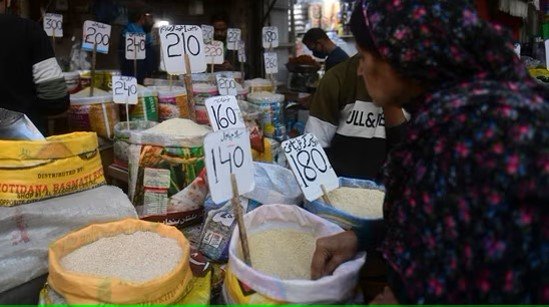Poverty in Pakistan has witnessed a dramatic increase, soaring to 39.4% during the last fiscal year, according to a report released by the World Bank. The alarming rise has pushed an additional 12.5 million people below the poverty line, bringing the total number of impoverished Pakistanis to approximately 95 million.
Tobias Haque, the World Bank’s lead country economist for Pakistan, expressed deep concern over the country’s economic trajectory, stating that “Pakistan’s economic model is no longer reducing poverty, and the living standards have fallen behind peer countries.”
To address this pressing issue, the World Bank has called on Pakistan to take immediate measures to achieve financial stability. The lender has outlined a series of recommendations aimed at remedying the dire economic situation.
One of the key suggestions put forth by the World Bank is the urgent need to tax Pakistan’s agriculture and real estate sectors, which have largely remained untaxed. Additionally, the report advises the government to curtail wasteful expenditures.
To achieve financial security, the World Bank has proposed specific measures, including an immediate increase in the tax-to-GDP ratio by 5% and a reduction in expenditures by approximately 2.7% of GDP.
Najy Benhassine, the country director for Pakistan at the World Bank, emphasized the significance of these reforms, stating, “This may be Pakistan’s moment for significant policy shift.”
The World Bank’s concerns come as Pakistan grapples with an alarming inflation rate of 27.4% in August, following the disbursement of USD 1.2 billion from the International Monetary Fund in July as part of a USD 3 billion bailout program spanning nine months.
In light of these challenges, Pakistan faces a critical juncture that demands immediate and strategic actions to stabilize its economy and improve the living conditions of millions of its citizens.
News Summary:
- Pakistan’s poverty rate has surged to 39.4%, with an additional 12.5 million people falling into poverty, warns the World Bank.
- The World Bank calls on Pakistan to take urgent measures to stabilize its financial situation.
- Recommendations include taxing agriculture and real estate, reducing wasteful expenditures, and increasing the tax-to-GDP ratio.
- Low human development, fiscal sustainability, and issues in agriculture and energy sectors are identified as priority areas for reform.
- Inflation in Pakistan has risen to 27.4% in August following a USD 1.2 billion disbursement from the International Monetary Fund

Leave a Reply